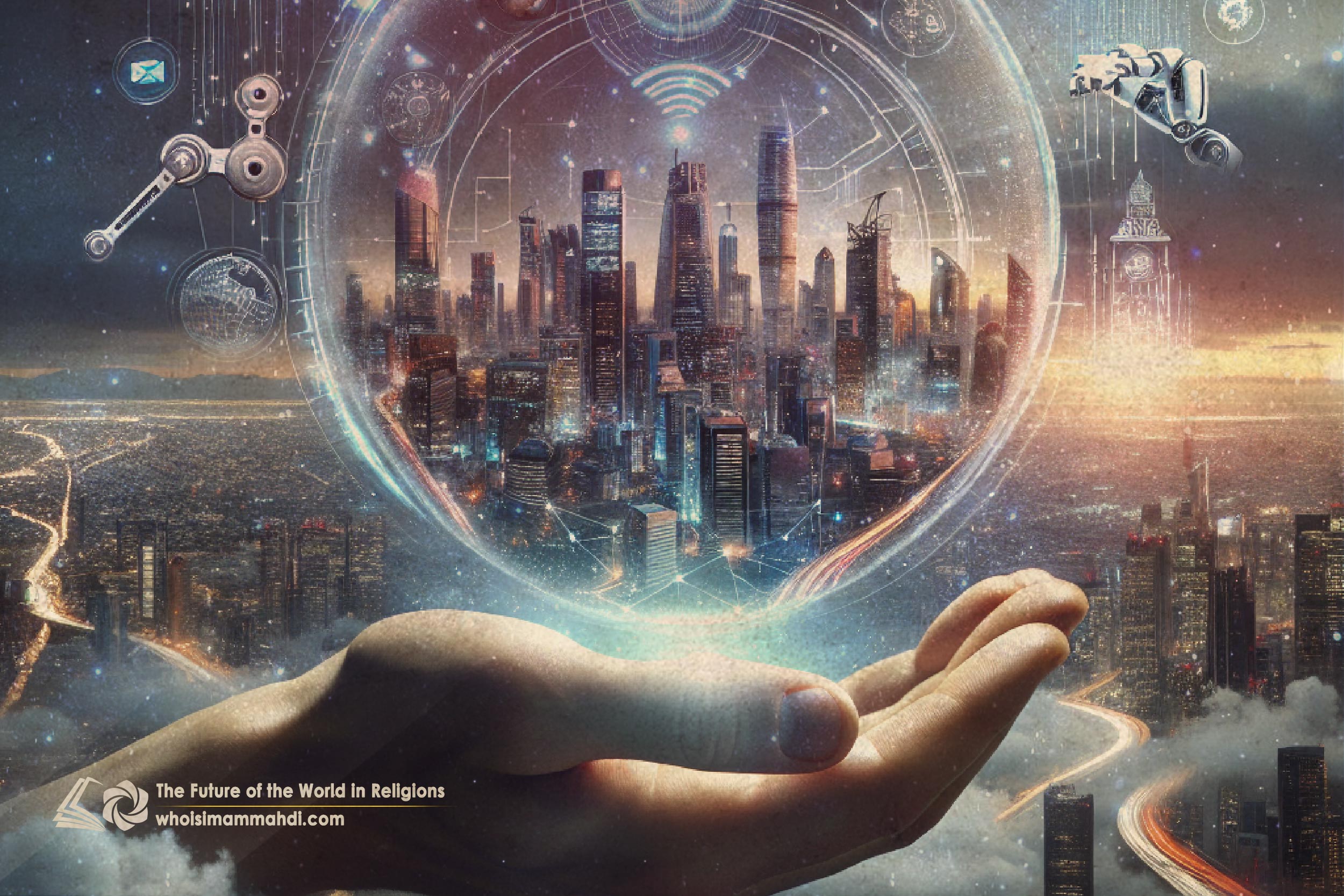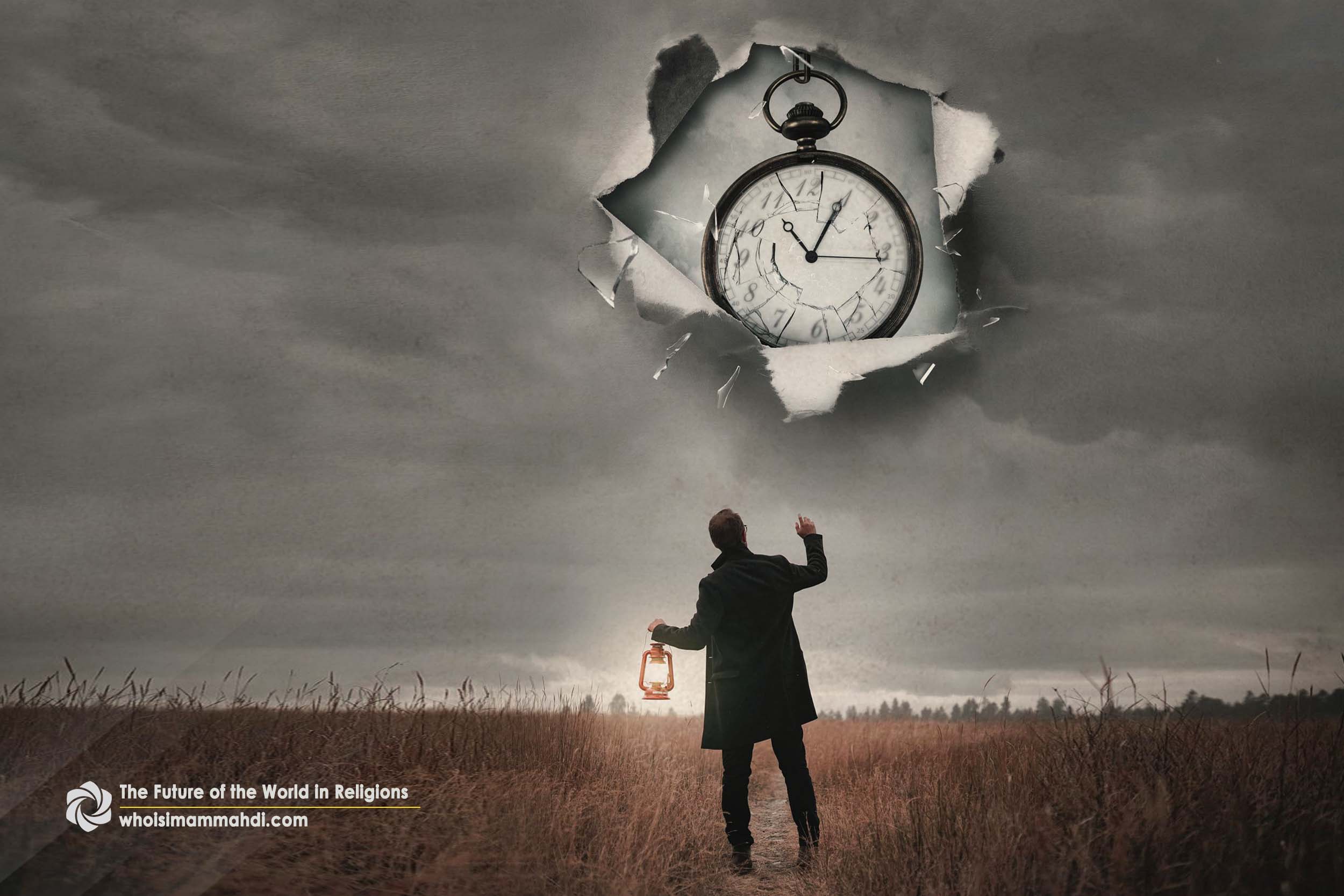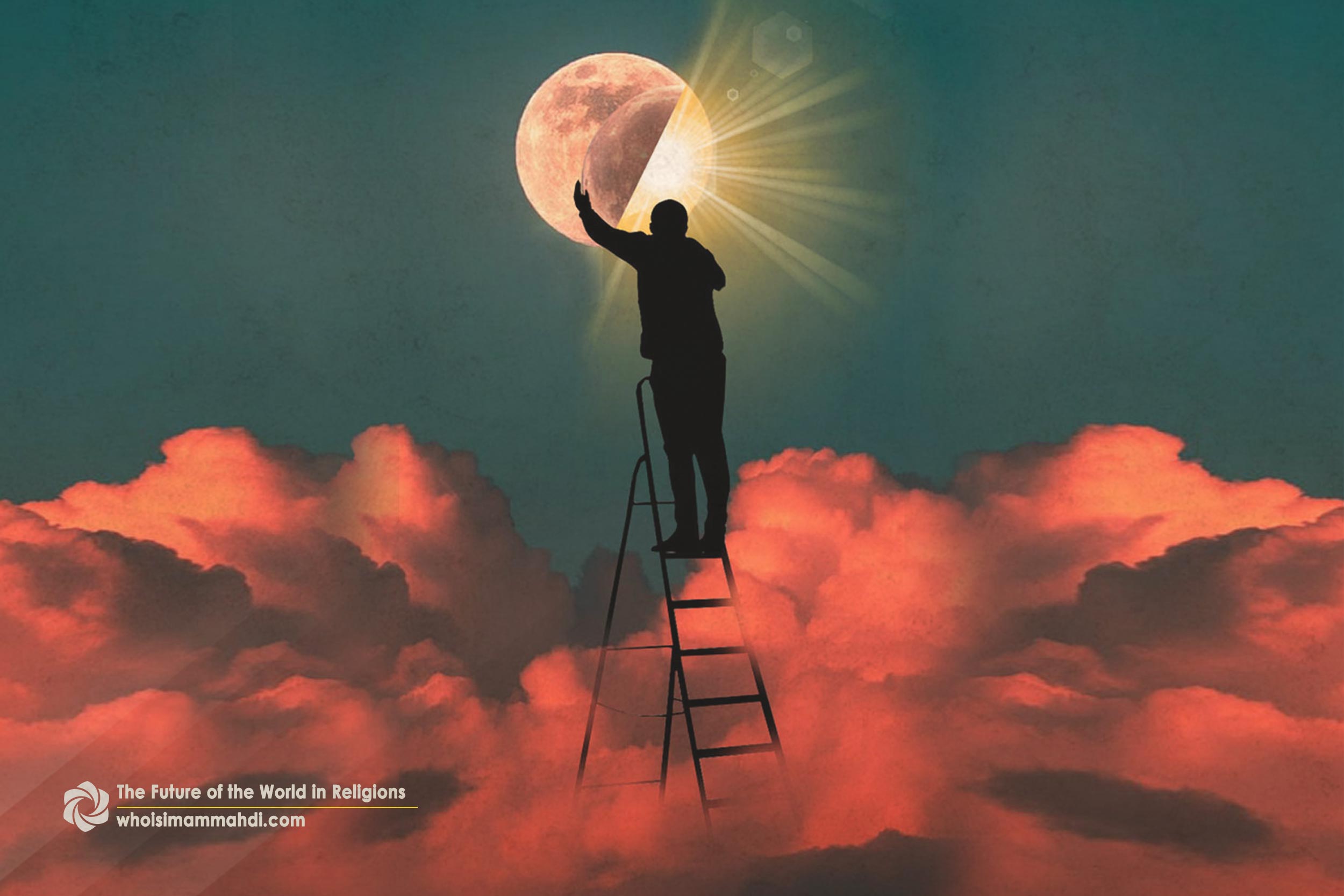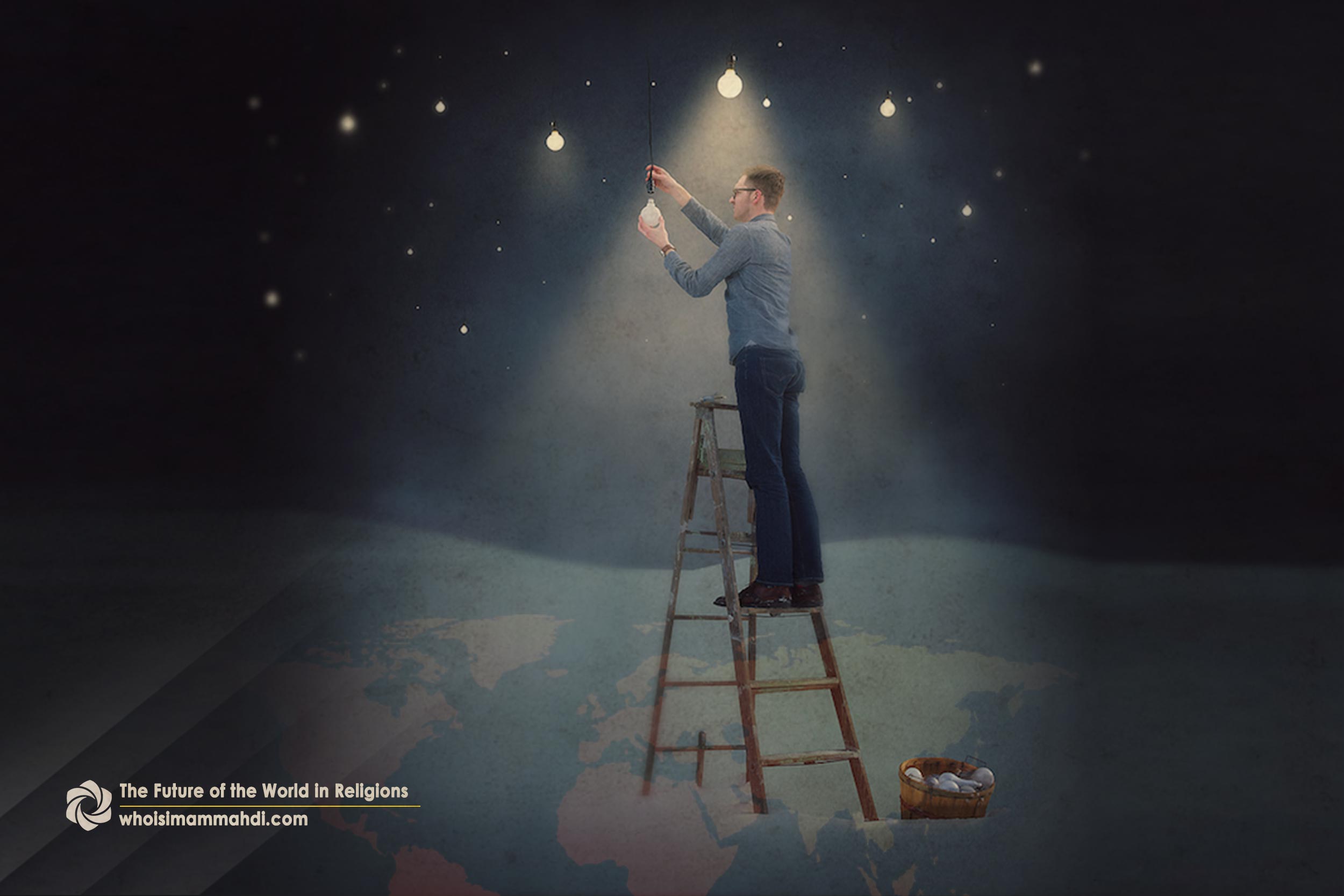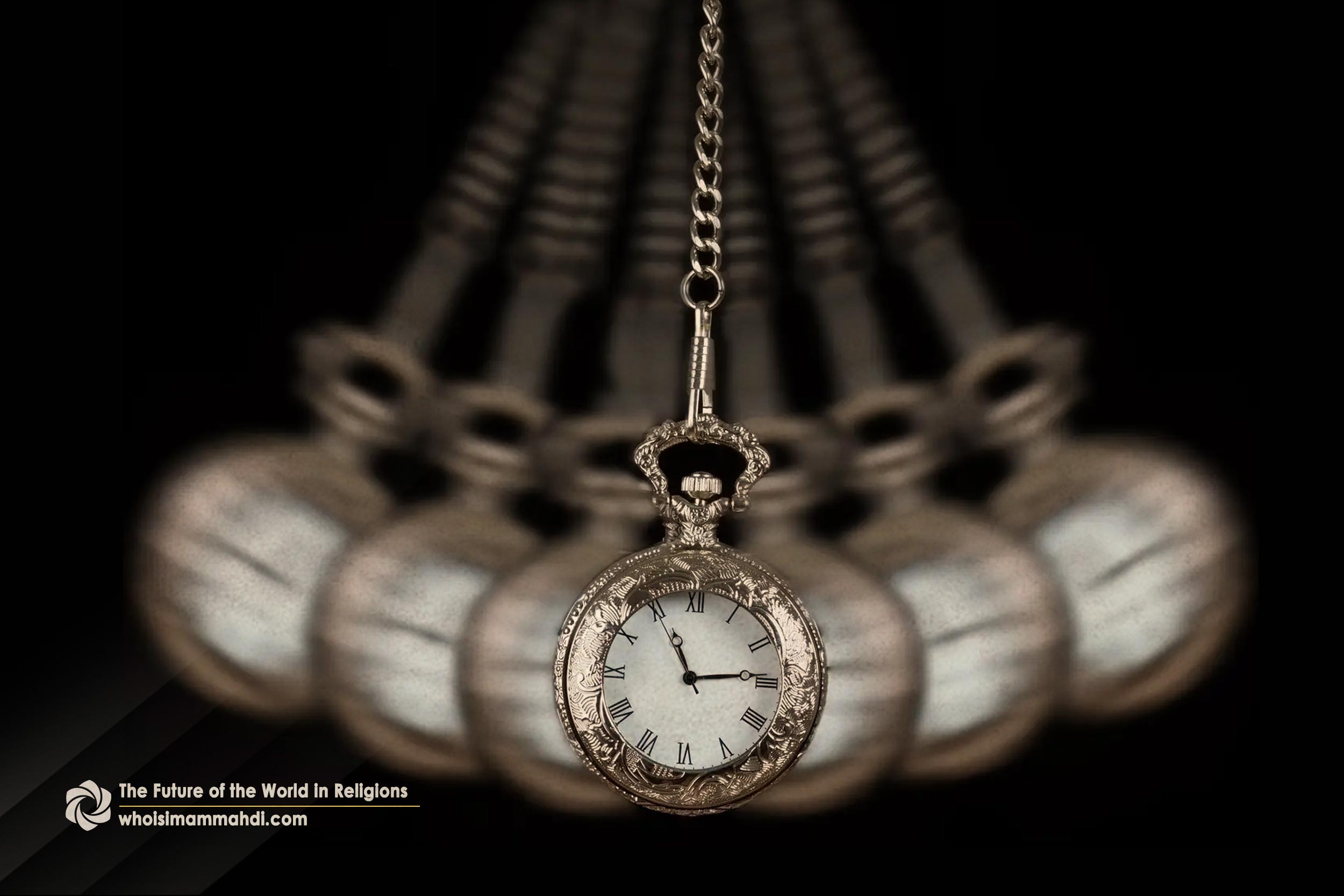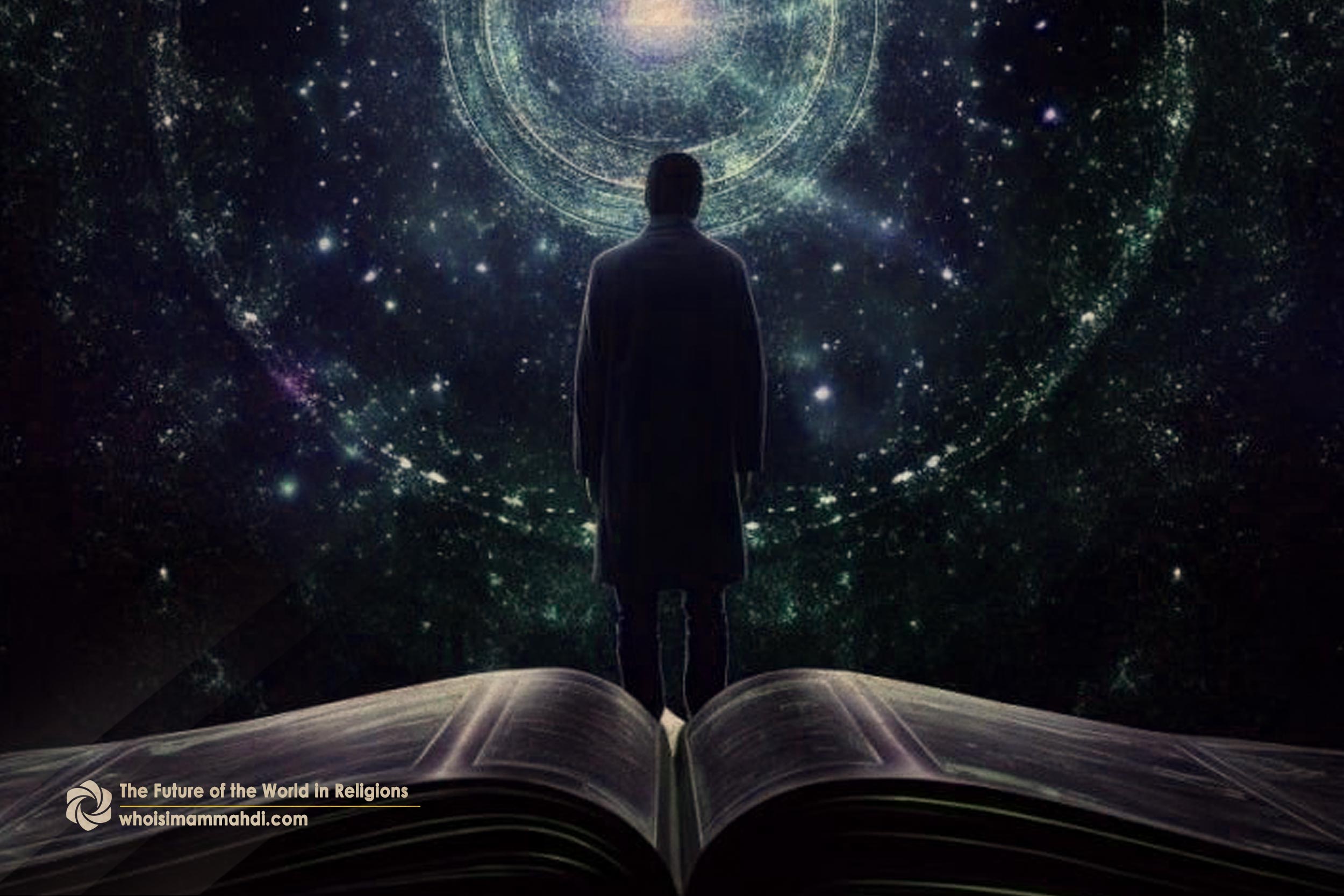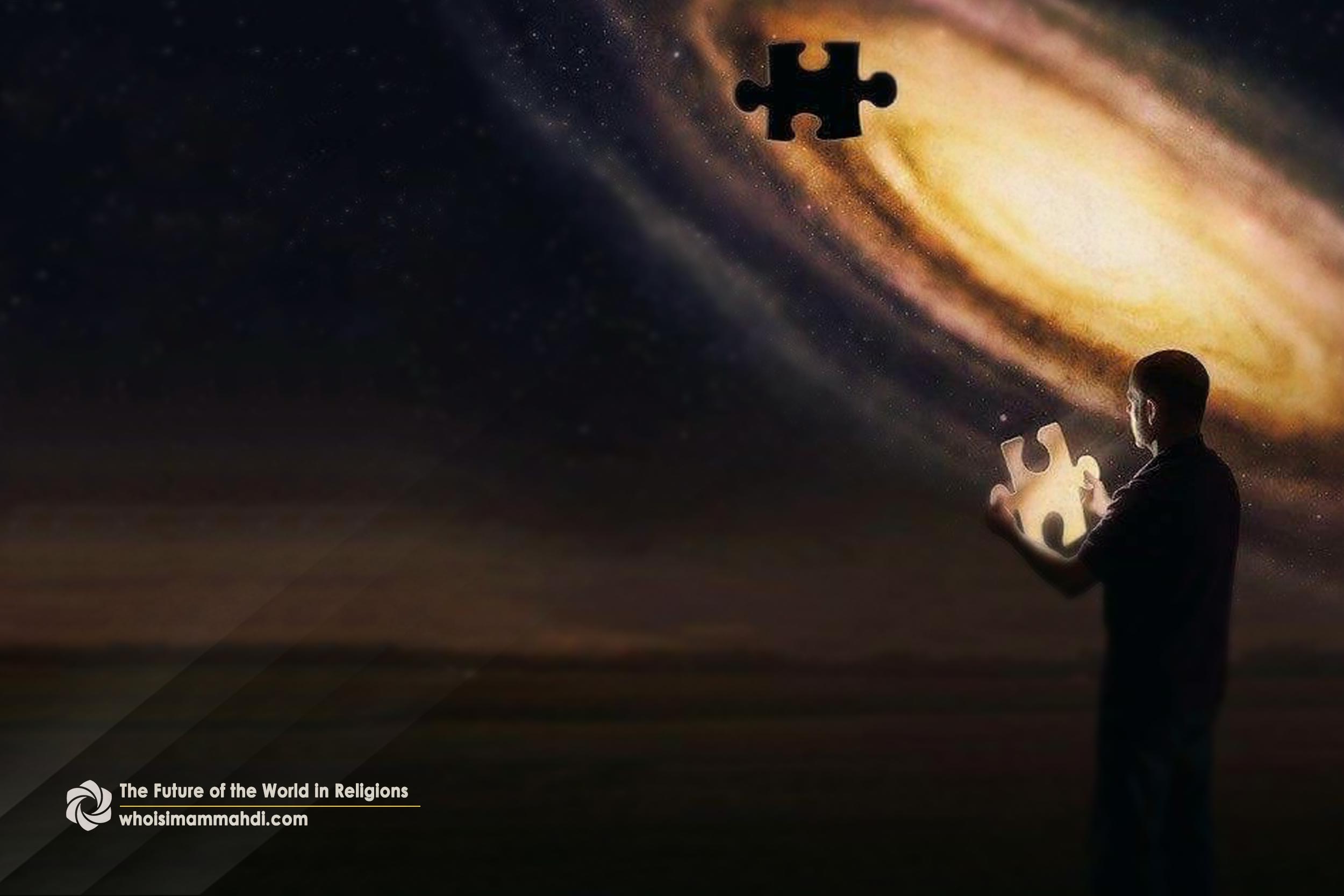Predicting the Future of the World: The Utopia Is Not a Dream!
- How do you predict the future of the world?
- Which countries or people are the future superpowers?
- What changes will the world undergo in the coming decades and centuries, and how will the future of the world look like?
In the previous article, we talked about the importance of foresight and shaping the future in people’s lives. We learned that all our actions in the present affect our own and other people’s future; each of our decisions, relationships, behaviors, and thoughts lay the foundation for a new civilization in the future of the world and history. We also learned that the value of each of us depends on our impact on building the future, and whoever strives more for this ideal is more blissful in his worldly and eternal life. Therefore, there is no doubt about the importance of foresight and striving to build the future, but the question is: What future awaits humanity, and how will the world be different in the next decades and centuries? Will the world continue its descent into injustice, corruption, and destruction, or will it embrace a future of justice, purity, and beauty?
Without clear answers to these questions, it is impossible to shape our lifestyle or develop individual or social plans to shape the future or effectively contribute to positive changes. First, we need to understand the ultimate destination of history so that we can plan accordingly to reach that destination. In this article and the next, we will explore these questions and the future that God has promised humanity.
The Human Situation: From Descent to Earth to Present Day
The conflict between truth and falsehood has a long history as long as human existence. Since the beginning of human descent to Earth, Abel and his followers have been in constant conflict with Cain and his followers over truth and falsehood. This conflict has intensified over time, reaching its peak in the current era.
Plundering, oppression, violence, and the like are not in harmony with human fitrah. Having a divine spirit, humans love beauty, peace, and tranquility, and they hate anything that disrupts their peace and security. Righteous and fitrah-oriented people who preserve their true human essence and value their human dignity can never tolerate the social disorder that is imposed on them by arrogant and egoistic individuals. Therefore, they always think of providing the necessary conditions to save themselves and others from the domination of arrogant powers and build a society where everyone is valued for their spiritual and moral merit, and where no one seeks to violate the rights of others.
Despite the hard work of righteous people throughout history, societies have rarely reached true moral and human standards or come close to ideal conditions. When they have, it has usually been only for a short time, and these changes have not been strong or lasting enough to grow as they should. This persistent vacuum and the feeling of being unable to reach goals have caused many people and groups to turn to idealistic visions as a way to escape social pressures and limitations. They have imagined a perfect society, which has led to the idea of the “utopia.” This concept found in various forms across the works of thinkers throughout history depicts an imaginary ideal society where all moral and human virtues are at their highest. In this society, there is no presence of war, violence, discrimination, or corruption in society.
But one important question arises here: Is it really only in our imagination that we can create such a society? Is there truly no one who can address this innate human longing and transform the dream of a civilized and blissful society into reality?
A brief exploration of religious texts from various faiths suggests that the creation of such a society is not merely a dream. God has depicted the future state of the world in divine books, promising the triumph of truth over falsehood and the establishment of a blissful society at the End Times by the descendant of the last Prophet.
God’s Promise about the Bright Future of the World
For God, the past, present, and future are the same. God is beyond material existence and is not bound by the limitations of time and place; therefore, when He created the human being, the future of humankind was clear to Him, and He promised it to humans through all the prophets. In the Psalms of David, He says: “Day by day the LORD takes care of the innocent, and they will receive an inheritance that lasts forever. But the wicked will perish…. The righteous will inherit the land and dwell in it forever.”[1] In the Quran, there are also many references to a future where the righteous and the oppressed will inherit the earth, and oppressors will no longer be able to violate the rights of the oppressed.
According to what stated, the future state of the world is clear. The future belongs to the righteous. The utopia, long a cherished hope in books and a distant dream in minds, is on the verge of becoming reality. Our only duty is to prepare ourselves for this future, aligning our lives with the principles that will shape it. Foresight and having a role in shaping the future are so essential that they could be considered the prophets’ primary mission.
All the prophets have been assigned to educate their followers based on understanding the future because fundamentally, the mission of prophets is to educate individuals based on religious criteria, and religion is nothing but a hopeful understanding of the future and building the future. Religion is a flow that started in the past and will continue until the Day of Judgment; therefore, a religious person is someone who is part of this process and considers himself a member of this group, and engages in activities based on membership in God’s party and the army of the prophets. Someone who plans and sets goals for his current life based on the future and seeks to play an effective role in that future becomes an eternal being as if he has lived from the beginning of history and his life continues to eternity. In addition to the reward for his own deeds, he also shares in the reward for every righteous deed of past and future people.
Those who confine their faith to the present, content with fleeting good deeds, will find their impact buried within the confines of their limited lifespan, severed from the grand tapestry of the past and future. Such an individual, lacking a true grasp of religion’s profound purpose, remains fundamentally disconnected from its essence and the legacy of divine messengers.
Having established these foundational points, let us return to a question we touched upon earlier: What is the future God promised humanity through the prophets like? What good news has been shared about it? What are its defining features, and what events are expected to take place in that future? We will review the answers to these key questions in the next article.
[1]. Psalms 37:18, 20, 29

